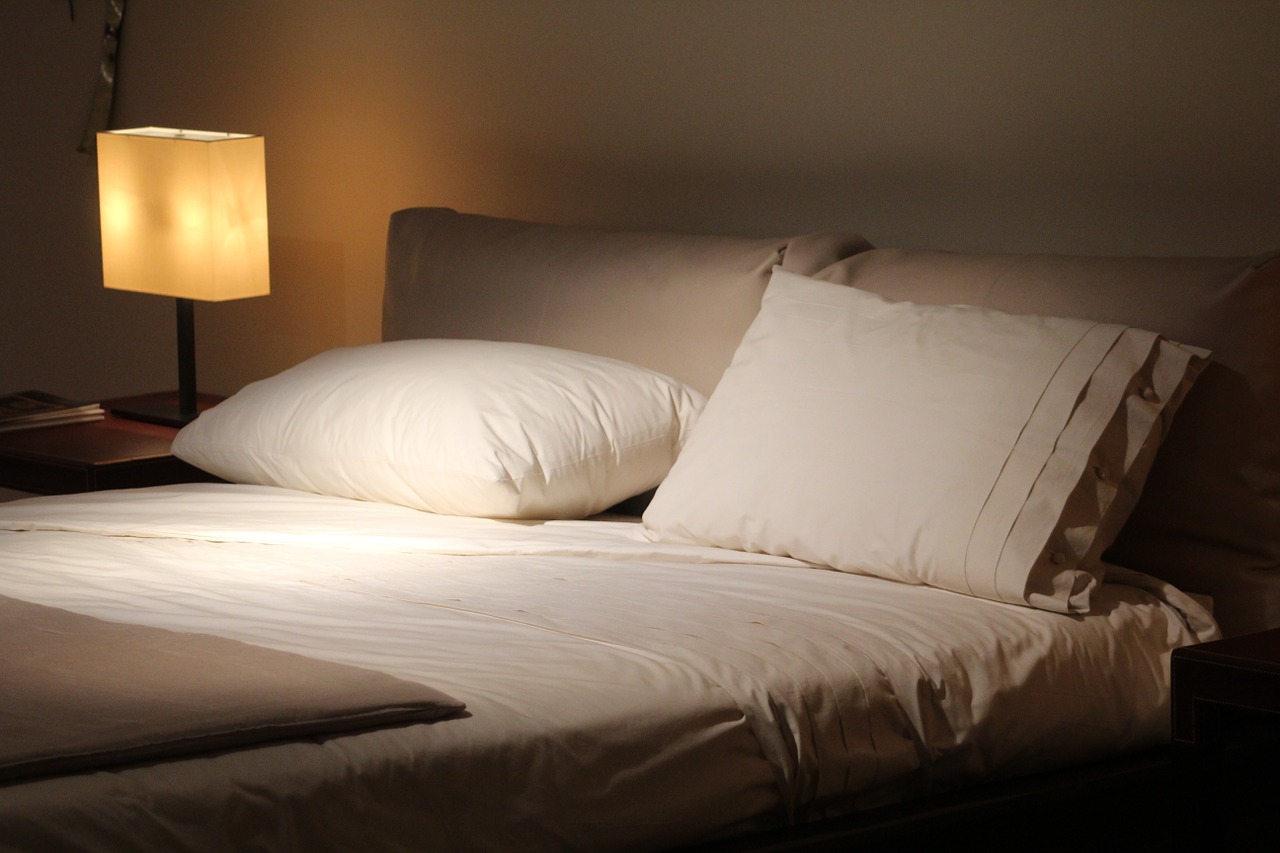People who suffer pain need restorative sleep, more than the general population. Yet, people in pain tend not to get enough restorative sleep. The 2015 Sleep Poll conducted by the National Sleep Foundation says that 23% of chronic pain sufferers say they have been diagnosed with a sleep disorder.
It’s important for pain sufferers to take control of their sleep as if it were a high priority project. Pain sufferers need sleep in order to function in their already somewhat compromised state. So, here are some reminders:
- Try to sleep for at least eight hours per night, not too much more and not too much less. If it takes you a long time to fall asleep, you need to create a sleep schedule that gets you into bed for more than eight hours to allow for that extra “sleep prep” time.
- Regarding too much sleep: it is a real thing. Pain sufferers benefit greatly from daily physical activity and too much bedrest contributes to poor circulation, weight control issues, and even more pain.
- Some people find naps restorative. If you must take a nap, limit the nap to 30 minutes. Make sure your nap is at least six hours prior to your scheduled bedtime.
- In addition to scheduling your sleep, schedule your physical activity with a goal of 30 minutes of stretching, cardiovascular or weight-bearing exercises daily. Avoid exercising just before bedtime.
- All days are equal. You need to have a sleep routine on Tuesday night and on Saturday night that allows for eight hours of sleep. Weekends are a great opportunity to catch up on sleep, but overdoing socializing or overscheduling is a missed opportunity. In addition, oversleeping is a mistake, too.
- Eat dinner at least two to three hours before bedtime.
- If caffeine affects your sleep, avoid it after 12:00 noon. If you can, wean yourself from caffeine altogether.
- Avoid alcohol use or limit your intake to one drink in the evening.
- Remove all screens from the bedroom. From the TV to your smartphone, the temptation is too great to keep watching, keep reading or keep texting. Better to read in bed or do crosswords than have a screen to stimulate your brain and visual cortex and prevent deep sleep.
- See a sleep specialist if you consistently cannot obtain restorative sleep to rule out sleep apnea and other sleep disturbances.
Getting enough sleep is as important as pain treatment. It is a lifestyle decision that only you can control.

